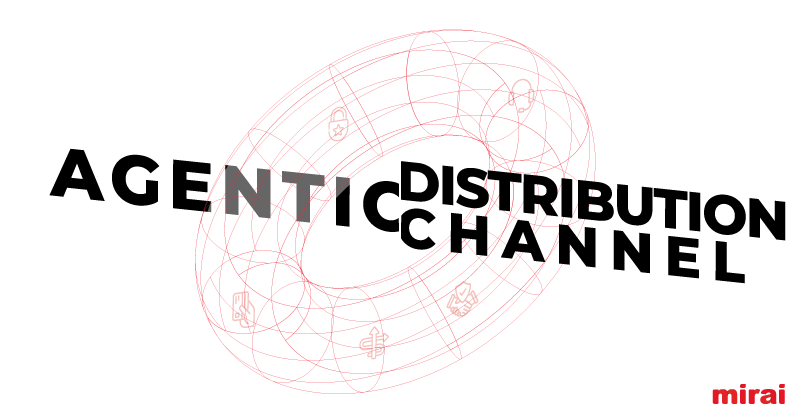En español, en français, em português.
Agentic AI has shown impressive potential across use cases, from writing emails to managing shopping. The next frontier is travel, where AI making bookings on your behalf is yet to come but sounds both exciting and disruptive. But in hotel reservations, this vision faces significant hurdles that could keep it from becoming a mainstream distribution channel.

Let’s explore the main barriers to its success:
Privacy concerns
Hotel bookings require sensitive personal data: full names, emails, travel dates, loyalty IDs and payment info. For agentic AI to book end-to-end, it must process and transmit this data securely. But where is it stored? Who owns it? In highly regulated markets like the EU (GDPR) and California (CCPA), these questions raise major concerns. Without trust and transparency, both users and suppliers may hesitate.
Payment friction (especially in the EU)
Legislation such as PSD2 requires two-factor authentication (2FA) for online payments. How can agentic AI complete a hotel booking if the user needs to confirm payment on a device? Without a seamless way to handle 2FA, automated bookings could stall at checkout. Stripe has announced it can be integrated in agentic workflows and handle 2FA. Agents are not truly “end-to-end” autonomous, but it orchestrates the process smoothly.
Lack of supplier support
Major hotel chains and OTAs have invested heavily in their direct platforms and loyalty ecosystems. They want to own the guest relationship, not lose it to an AI intermediary. From their view, agentic AI risks raising costs, lowering control and distancing them from customers. Without supplier buy-in -and clear consumer demand- the channel will struggle to scale. For OTAs, the real question is whether to join agentic AI now, or risk losing the start of the funnel. In this post, we break down the key reasons for and against OTAs making that move.
Who handles customer service?
What happens after a booking? If the guest needs to cancel or modify, do they contact the AI, the hotel or the OTA? This lack of clarity creates confusion and erodes trust. Poor support experiences could discourage future use.
Booking complexity
Hotel bookings are loaded with variables:
- Room types and views
- Occupancy rules (adults, children, infants)
- Cancellation and payment terms
- Meal plans and inclusions
- Packages
- Restrictions
- Extras
- “Resort or destination fees” and local fees
Each of these impacts price and experience. Can agentic AI consistently interpret them and make optimal decisions? Errors here are costly and hard to fix, generating high frustration in customers.
Loyalty program integration
Big brands (major hotel chains and OTAs) use loyalty programs to retain customers and encourage direct bookings. Integrating these into AI-driven bookings is both technically and strategically complex. Users may miss out on points, member rates, or elite benefits unless the AI connects directly with brand systems -something suppliers have little incentive to support-.
No clear monetization model
How will hotels, OTAs and AI platforms share commissions or fees from agent-led bookings? No commercial model exists today. Without clear incentives, large players will stay on the sidelines.
Uncertain customer adoption
Even if agentic AI becomes capable, will travelers trust it to book trips? Hotel stays involve personal preferences -location, amenities, policies- that people often want to review themselves. Many consumers may hesitate to surrender that control to a bot.
We’ve seen this before; will it be different this time?
Assisted hotel bookings aren’t new. Google’s “Book on Google” and Tripadvisor’s “Instant Booking” aimed to simplify booking flows. But adoption was weak: suppliers resisted and consumers didn’t fully trust or recognize the functionality. History may repeat itself.
Niche opportunities
That said, agentic AI may gain initial traction in specific segments such as corporate travel, repeat bookings or chain-loyal guests with straightforward needs. These lower-risk, higher-frequency scenarios offer a practical entry point and could serve as a springboard toward broader adoption. If agentic AI is to succeed in hotel transactions, this is likely where the journey will begin.
Conclusion
Agentic AI is powerful, but hotel bookings are a uniquely difficult space. Without alignment on trust, incentives, service and data control, AI-powered bookings are unlikely to become a dominant channel. The tools are nearly ready. The ecosystem isn’t.
Only with full cooperation between platforms, suppliers and users will agentic AI evolve from a promising tool into a new standard in travel distribution.
We’ll soon find out how Agentic AI evolves. It won’t take long… so buckle up and enjoy the ride!



